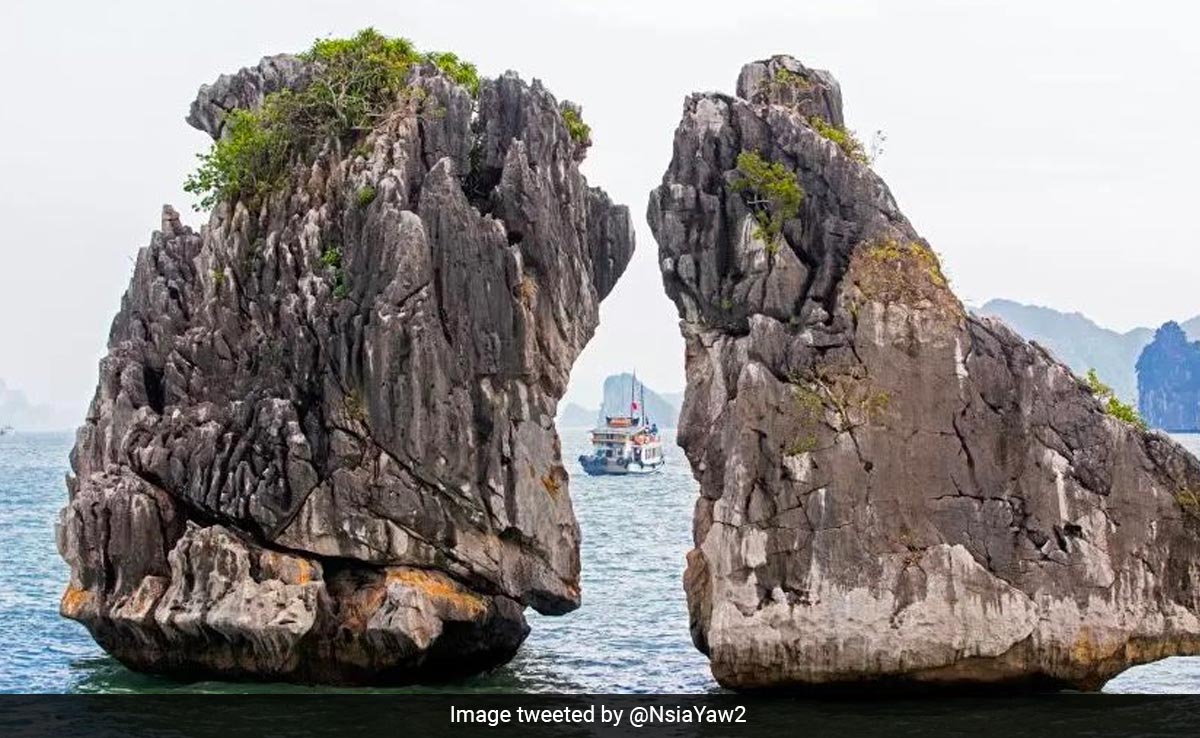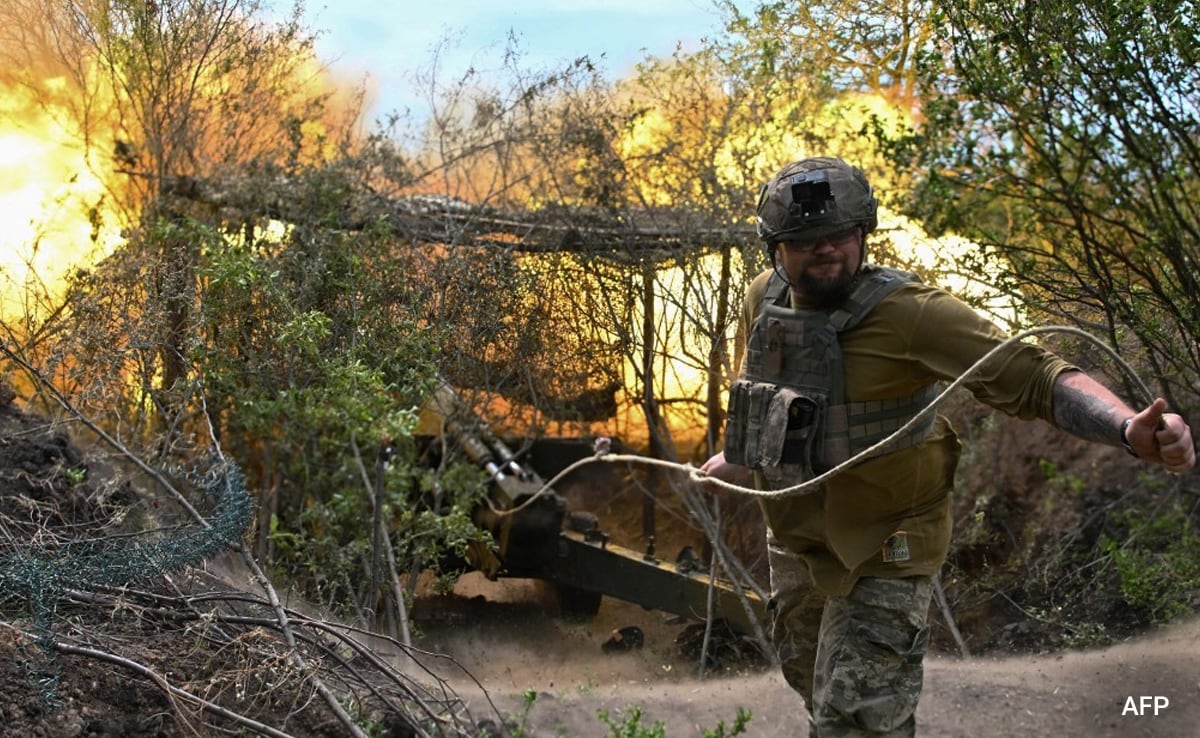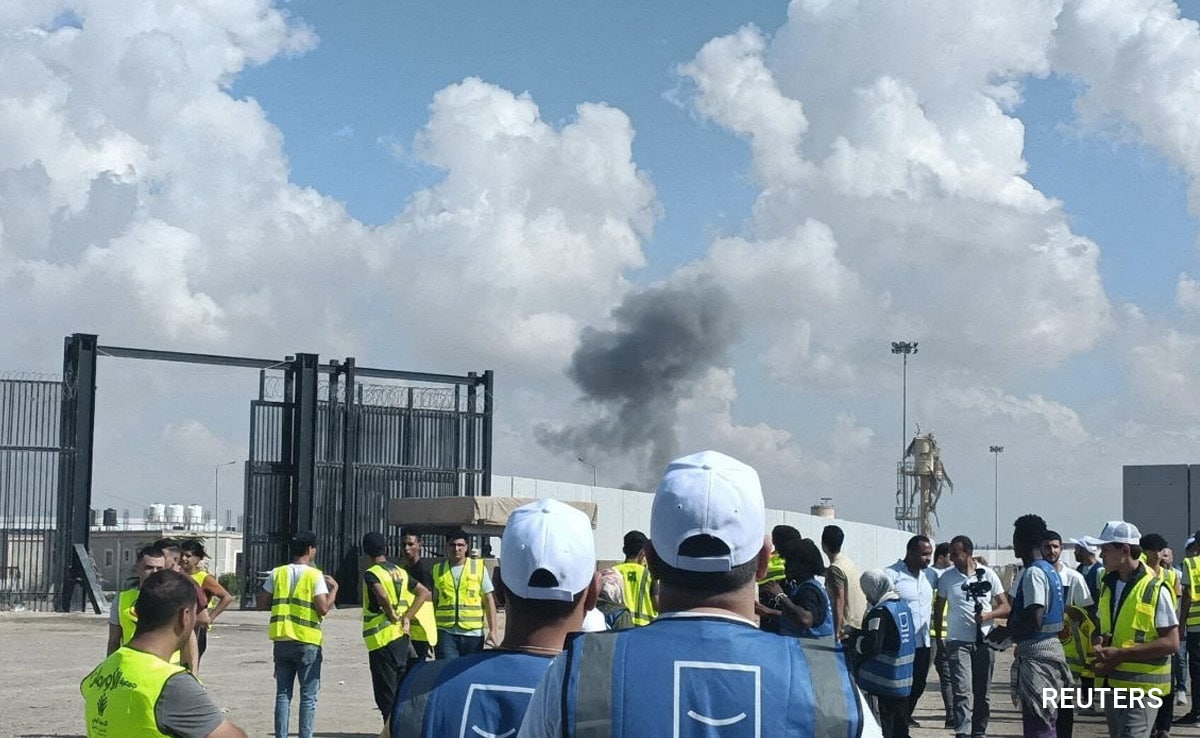Smoke rises as a wildfire burns at Dadia National Park in the region of Evros, Greece, August 29, 2023.
| Photo Credit: REUTERS
A wildfire burning in northeastern Greece for 11 days has destroyed an area larger than New York City, the European Union-backed Copernicus Climate Change Service said on Tuesday, as firefighters from five countries battled to contain the flames.
Fuelled by gale force winds and hot weather, the fire that began near the city of Alexandroupolis quickly spread across the Evros region, killing at least 20 people last week in Europe’s deadliest blaze this summer. It turned swathes of lush greenery into scorched earth and destroyed homes and livelihoods.
In a post on social media platform X, formerly known as Twitter, the Copernicus Emergency Management Service said the fire had ravaged at least 808.7 square kilometres (312.2 square miles). New York City takes up 778.2 square kilometres (300.5 square miles).
Copernicus said last week that the fire was the largest on European soil in years, and authorities warned that risks from the fire remained high on Tuesday.
Aircraft and hundreds of firefighters on the ground, including from Serbia, Slovakia, the Czech Republic and Albania, were battling the flames, the fire brigade said.
“We are trying to defend the rest of the unaffected area before the front line of the fire comes,” said Jiri Nemcik, commander of the Czech team. “The development of the fire is very dynamic so it’s very dangerous.”
Satellite images highlight the extent of the destruction in the area, with swathes of forest virtually flattened and lush pine trees turned into blackened, skeletal bark.
Panagiota Maragou, head of conservation at the Greece division of the World Wildlife Fund (WWF), said at least 30% of the National Park of Dadia-Lefkimi-Soufli Forest had been lost to flames.
Thanks to its high biodiversity, the national park was “one of the most important protected areas in Greece and also in Europe, perhaps also on an international scale”, she said.
Prime Minister Kyriakos Mitsotakis chaired a meeting on Tuesday on the fires that have ravaged Greece, touching on preventative measures among other issues, a statement from his office said.
Environmentalists have long accused Greece of spending more funds on extinguishing fires than on prevention.
“We’ve seen in the case of Dadia and in the case of the Evros fire in general …, one of the biggest fires in Europe, that a system that relies exclusively on suppression of fires is not working,” Maragou said.
Summer wildfires are common in Greece but the government says extreme weather conditions which scientists link to climate change have made them worse this year. Greece’s deadliest fire on record killed 104 people outside Athens in 2018.
All but one of the dead in the Evros fire are believed to have been irregular migrants who crossed over from Turkey, evading police in the forest. Authorities fear more bodies may be found when the flames are put out, as Evros is a popular crossing into the EU for thousands of migrants and refugees every year.















